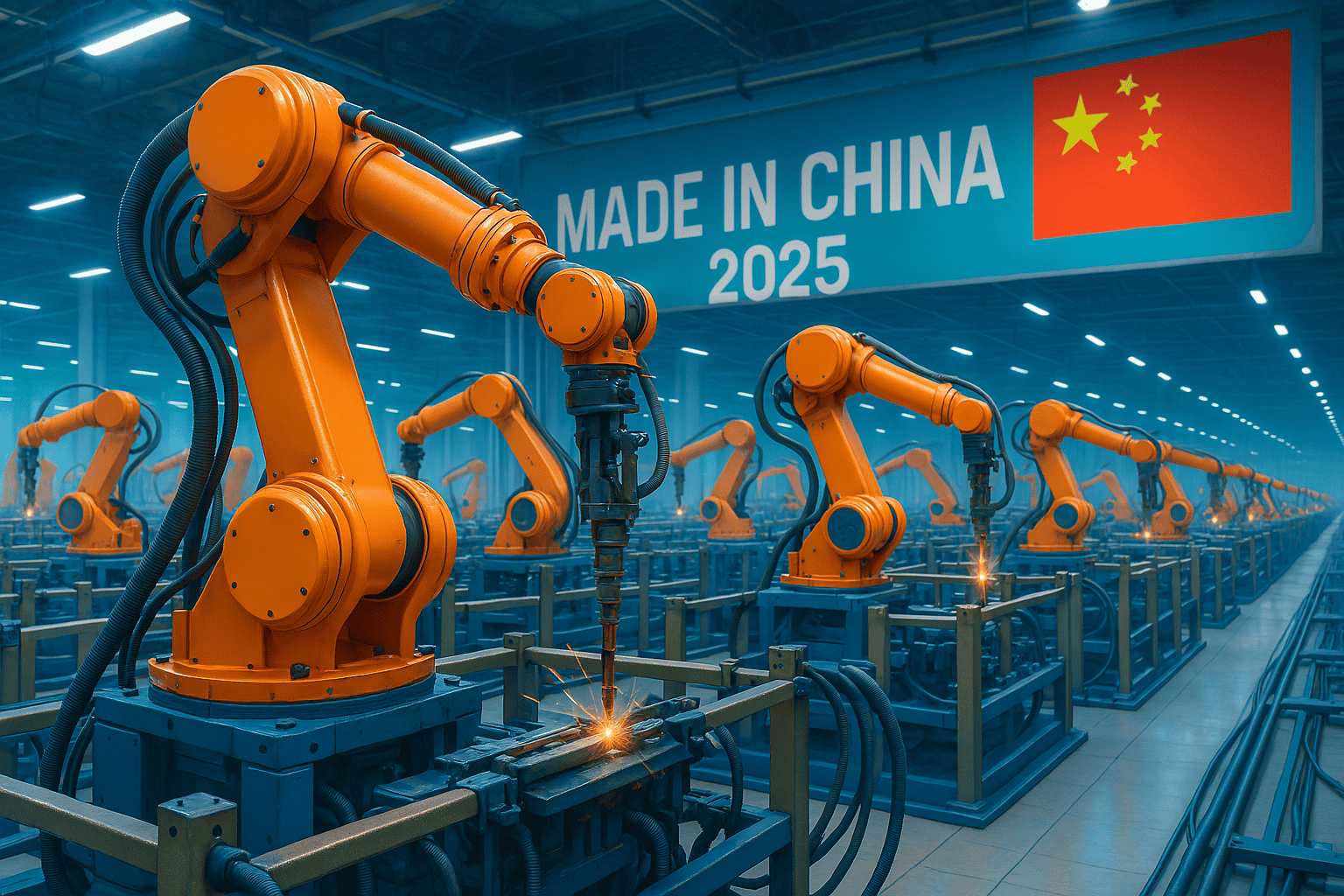J. Stapleton Roy was a career American diplomat, who served with distinction in the foreign service and at overseas embassies in Asia. He was stationed in Moscow in the 1960s, later in Taipei, and helped set up the American Embassy in Beijing, in the run up to the U.S. and Beijing agreeing in 1979 to formal diplomatic relations. He also served as the nation's top envoy in Singapore (1984-86), Beijing (1991-95) and Indonesia (1996-99). Ambassador Roy later joined Kissinger Associates, the firm ru
LISTEN NOW
Face-Off: U.S. vs. China
A podcast about the turbulent relationship between the world's two superpowers, the two men who run them, and the vital issues that affect us all.



